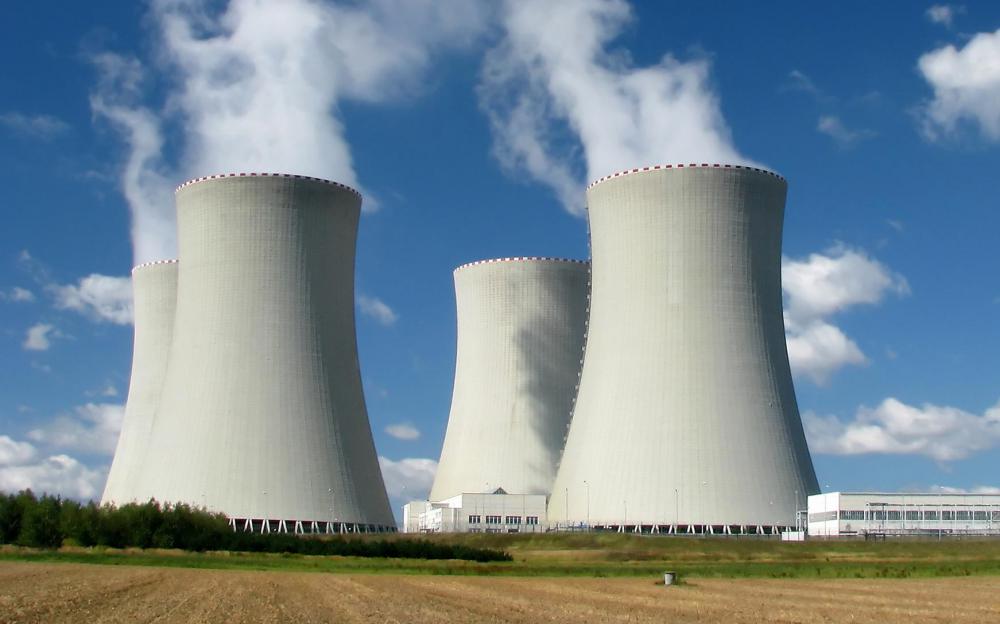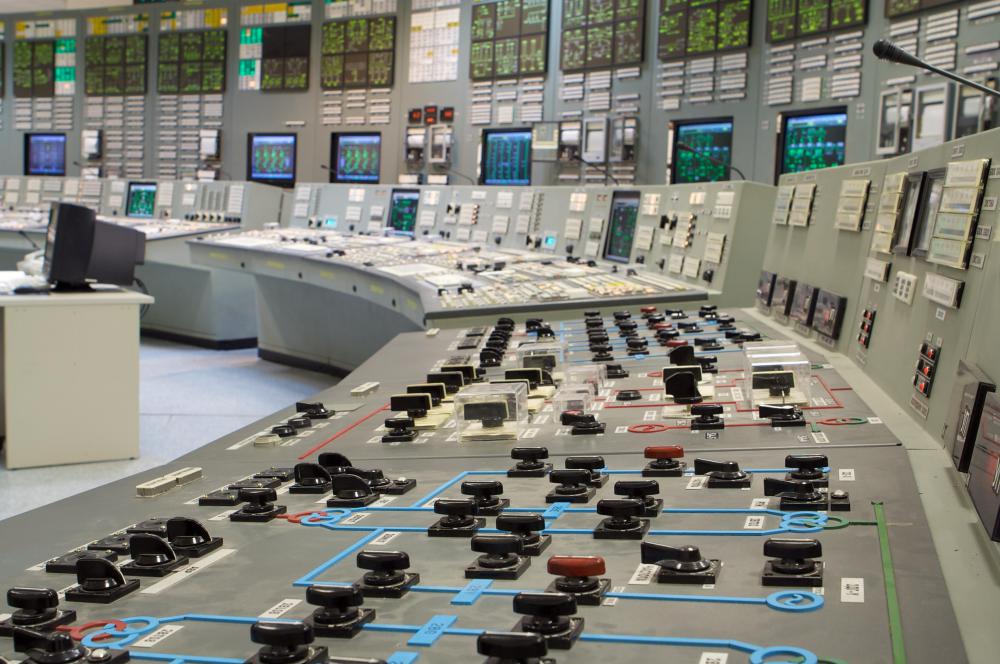At WiseGEEK, we're committed to delivering accurate, trustworthy information. Our expert-authored content is rigorously fact-checked and sourced from credible authorities. Discover how we uphold the highest standards in providing you with reliable knowledge.
How do I Become a Nuclear Scientist?
Education and experience are essential if a person wishes to become a nuclear scientist. He or she must dedicate many years to learn about this highly complex field and explore the various career paths available. The reward, however, is working in one of the world's most cutting edge scientific fields and making an important impact on the planet's future.
Education is the foundation for anyone who wants to be a nuclear scientist. He or she must be strong in physics and mathematics. Particular emphasis must be paid to these subjects in high school in order to move on to a college degree, which is essential for any nuclear scientist. A bachelor's degree in math or physics is the most traditional path, though some schools may offer programs focused primarily on the study of nuclear science. A master's degree or even a doctorate degree is normally needed for many higher-level jobs.

A nuclear scientist's education can take anywhere from four years to over a decade to acquire the necessary skills. While studying, a person will want to try a variety of internships and co-ops to get a feel for the employment opportunities waiting after graduation. He or she may find themselves in a highly technical, stressful role or behind a quiet desk handling paperwork. No matter where a person gets his or her job experience, this is a great way to discover the reasoning skills, attention to detail, and knowledge necessary to become a nuclear scientist.

To become a nuclear scientist, you should consider the surprisingly wide variety of fields available. Some work for the government and help discover environmentally clean sources of energy or work at a nuclear power reactor. Other nuclear science professionals may work in a hospital radiology department. Many more fall in love with school and choose to stay in academics, either as a researcher or as a professor. Anyone looking to become a nuclear scientist needs to consider all the options and decide which career path is the best fit for his or her talents and interests.

It is impossible to become a nuclear scientist overnight. This profession demands the brightest minds, who are willing to sacrifice many years in the name of science. The careers in nuclear science are worth it for many, because it means helping people and shaping the future. Anyone with a passion for science and physics may be a good fit for this rewarding career path.
AS FEATURED ON:
AS FEATURED ON:













Discuss this Article
Post your comments